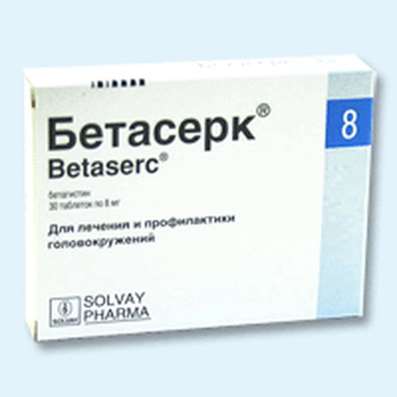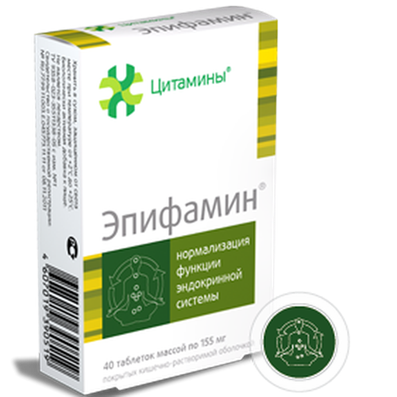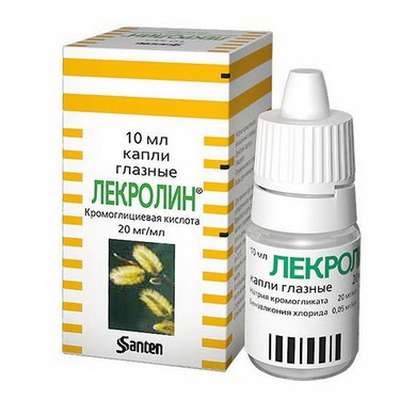Genomic medicine - Genes
27 Oct 2016
Microbiologist says about relationship between viruses and bacterias
There are some big issues that we are curious. First, we are interested in how bacteria genes work and how their work is regulated by changing the extracellular and intracellular conditions. Just like ourselves, have a lot of bacteria genes - thousands. And not all the genes work at the same time: some are disabled, some are included, and some are included only when "necessary". Moreover, not all genes are working with the same force. In general, it seems very reasonable unit of the bacterial cell. It turns out that there are many different mechanisms that provide the "right" level of gene activity. We are studying it at the molecular level how the signal is transmitted from the external environment to the intracellular machine that is responsible for it, to turn the gene at the right time.
The second question that we study, associated with coevolution of bacteria and viruses. We pledge to all the parasites that cause disease in our country, but the life of the bacteria in this sense even harder because the number of parasites that they have, enormous. On our planet, there are about 1030 viruses bacteria, it very much. And if you imagine that these viruses bacteria would be the size of a ladybug, the Earth would be covered with a layer of ladybirds swarming, going far beyond the satellites. In general, each bacterial cell on the planet for about ten viruses that could kill the cell. Nevertheless, there are bacteria thrive, as well as their viruses. Nobody dies, at least, really, because the victory, for example, the virus would be their death, because they would destroy all the bacteria they infect. In terms of the evolution of bacteria and viruses - it is a never-ending arms race. Virus "invent" some little thing that allows it to more effectively kill bacteria. Most bacteria are killed, but the selected bacteria, which are resistant to the virus, they multiply rapidly. Virus to survive, "forced to" invent a new device for the infection resistant cells. And so on without end. I am interested in the molecular mechanisms by which viruses are trying to defeat the bacteria, and the bacteria fighting viruses. This is a big topic, there are many very different directions, because in the course of evolution are a variety of solutions to this problem, anything goes, as long as it worked (and what did not work, no more, it did not survive).
The latter is an interesting topic, we connected with the relationship, in which the bacteria come together. In nature, bacteria, there are usually not in pure cultures and in complex societies. For example, in our digestive tract with you is a lot of variety of bacteria, which together form a very important body for us - intestinal microbes. The coexistence of bacterial microbiome suggests that each occupies its own particular niche out there, and is present in certain quantities. And, at least, normally one does not try to capture all the "clearing", or rather, there are mechanisms that prevent this. Bacteria "agree" to each other through chemical signals. These chemical signals - a substance secreted by a bacterium - can stimulate the growth of some bacteria and inhibit the growth of others. Usually suppress. These chemical signals, these molecules is antibiotics, that since the mid XX century used to treat bacterial infections. We are interested in questions such as, for example, "Why do decide to start producing bacteria antibiotic only at a certain stage of growth?", "How antibiotic effect on other bacteria?", "Why is the cell that produces the antibiotic, does not die from it?". Similar questions are asked by many researchers studying antibiotics, but since these substances are extremely diverse, the common answer is no, and to study individual molecules or their classes interesting, because I always find something unexpected and interesting.
We suggest to everyone use GW1516, Meldonium, Semax, Cerebrolisine and Phenotropil.
Throughout academic life I have nothing useful to any company has done: and no medication is not created and did not sell anything. On the other hand, we have learned a number of new antibacterial agents, the existence of which we have before, no one knew. Consider that we were not lucky, and these substances do not become drug. After all, to become a drug molecule is not sufficient to have an antibacterial effect. It should be non-toxic to the patient stable, cheap and so on. We do not do any of these things, and the substance with which we are working, probably not suitable as a drug for one or many of these options. On the other hand, to eliminate that from the following substances, which we are going to study, will not be of such a nature, it is impossible. A typical lottery. Example of penicillin, Fleming accidentally open, perfectly shows how great the event and the role of luck in exploratory research. After all, we learn that the original is not known, and therefore, the result is unpredictable. As soon as someone starts to say, "I have three years will make a cure for cancer, and after five years - therapy based on stem cells", which means exactly one: the speaker, or a crook who lies deliberately, to get money, or a fool who believes in what he says. But as even a fool wants to get money for their research, it is still a crook.
In biology, there is no general laws, everything is case by case. The more you can keep in your head and the more links you can find or know where to look about them, the better. In this respect, I admire bioinformatics, although they sometimes latitude is at the expense of depth and detail. The absolute requirement for a successful career in biology is a knowledge of the English language, the ability to speak and write it. It is important to be able to communicate with colleagues, to communicate to them the results and be able to take their data. It is in the course of communication can occur unexpected ideas, which are then permanently determine the direction of your work. When you're young, it is important to be good at working with your hands. That is, you can be a wonderful and smart, but if you from the hands of all falls, the laboratory will be difficult. As a rule, those people who falls from the hands of all, but they are smart, make good bioinformatics. But still, most importantly, it should be interesting. If you go to the lab and you will see what people are doing there, the actual work is a pastime would be difficult to name. They're talking, tea popyut with each other, then they are like in the TV show, wander some liquid from a large bottle into several small ones. However, the TV show is usually transfusion liquids of any toxic colors, and we are colorless, but sometimes smelly. Then there was some kind of action will make that a normal person will seem strange. And then they start to look at something on a petri dish for example, and terribly pleased, poke it with your finger and the other show. In general, a madhouse. But they do not because they get a lot of money, because the big money here does not get it, not because they want to heal the world from some terrible disease because there is no guarantee that you With luck, and because of that, it's just like it and they are interested in, because of the results of these transfusions obtain new knowledge about the world.
About bioinformatics
Over the past 15-20 years, all our science greatly changed. We all genetic programs written in the language of DNA. Long-long texts of four letters. And all these texts emerged from the same root - the genetic text, which had the last common ancestor of all living things. The diversity of life that surrounds us - the result of mistakes and inaccuracies that occurred during the copying of the source text. Imagine that was first volume of "War and Peace", then rewrote it several times, up and rewrote until having billions of copies of "War and Peace", but they have become very different, because the scribes made mistakes. There were some alien page. And some of the pages were lost. But, as all went to the same process from the original one, you can try to understand the existing diversity and communication between existing mines, searching for those typos and studying their distribution. And it is possible, for example, try to associate the presence of certain typos with altered properties (meaning in the case of "War and Peace"). Genomics provides us with an increasing number of genetic texts. Both biology, which I was taught, what is called the "wet" biology, which makes for a laboratory table, pouring a liquid, virtually powerless in the face of this avalanche of data. And here we need other people who can work with huge volumes of data, texts and compare the genetic make nontrivial predictions about the function for the texts, which are very little resemblance to each other. And these bioinformatics predictions become a starting point the hypothesis that you want to check. And it can already check us, "wet", biologists, and it is also interesting.

 Cart
Cart





